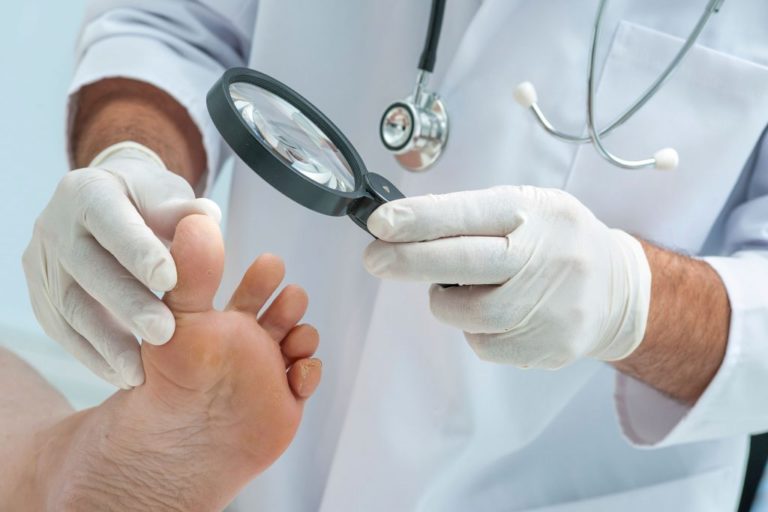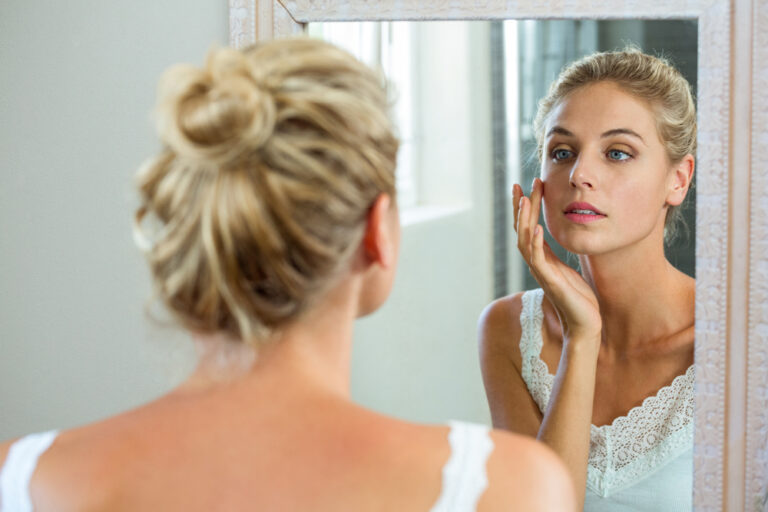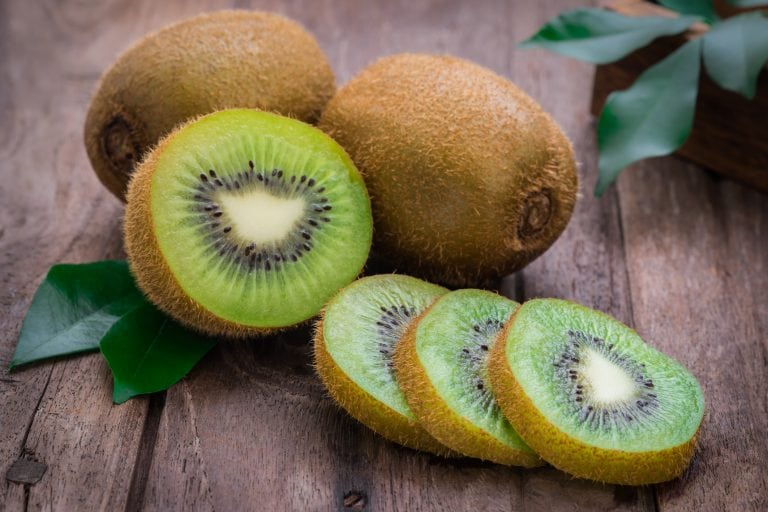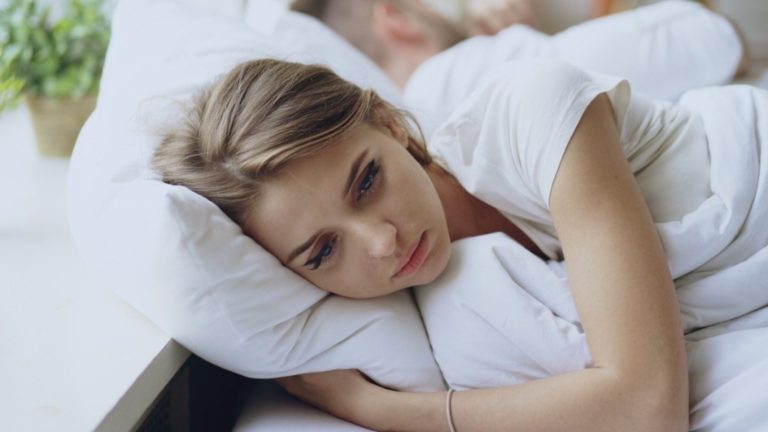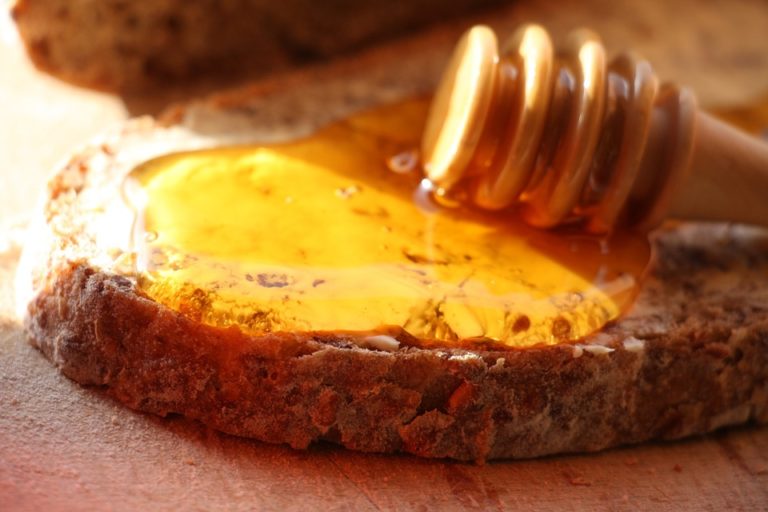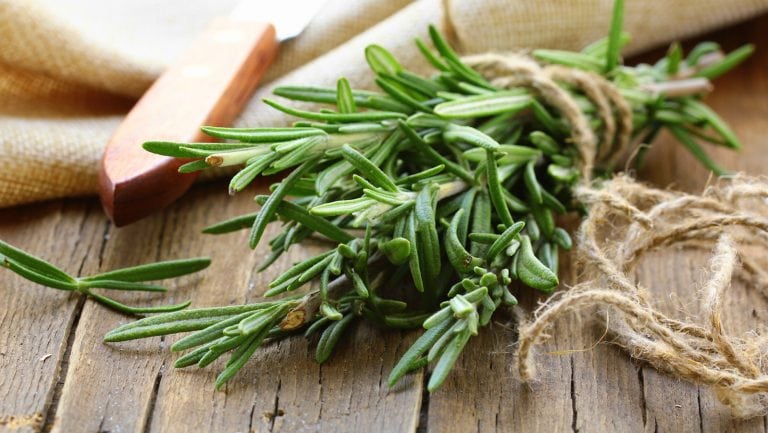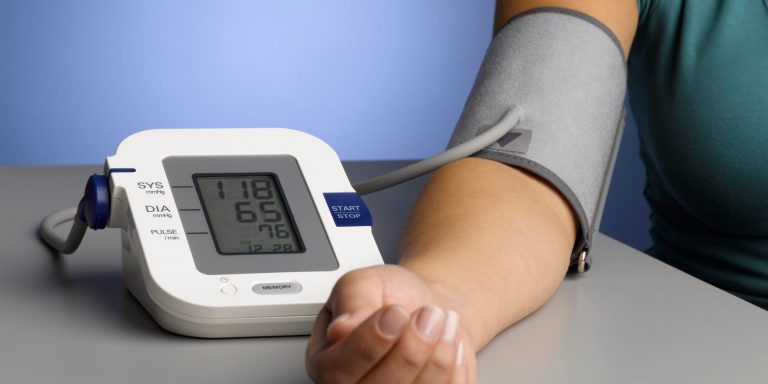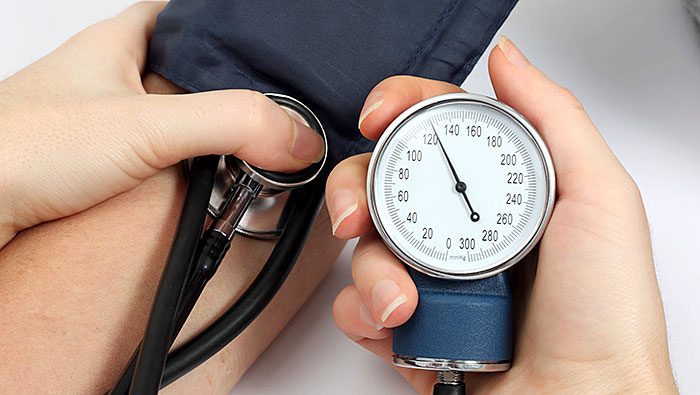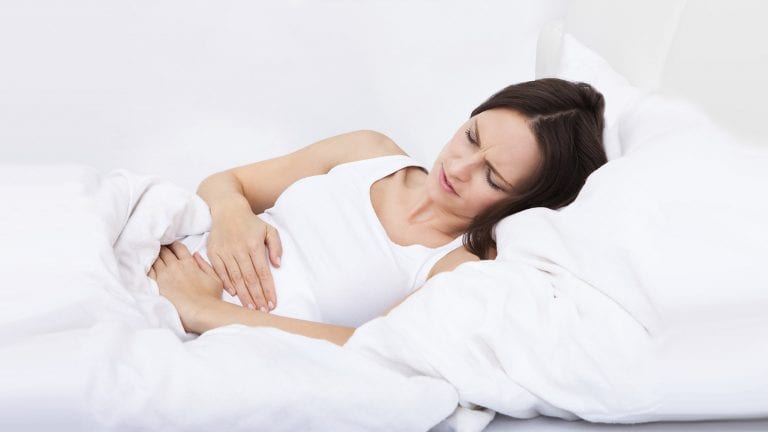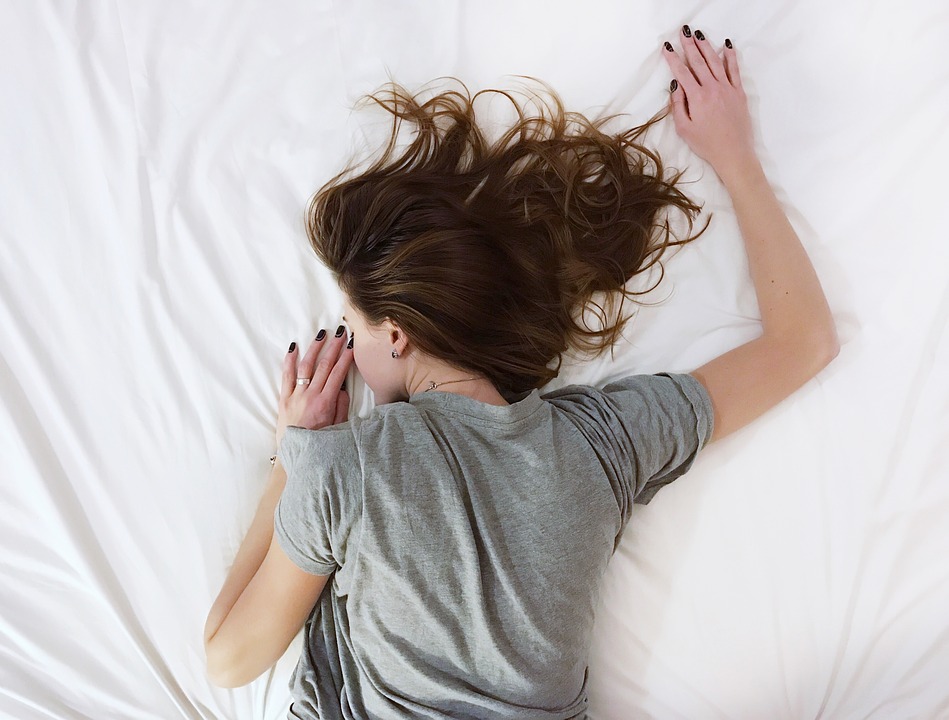
Whether it’s sun exposure or certain diets, a lot of things can impact your skin’s health and appearance. And as you may know, how much and how well you rest can affect your skin.
The National Sleep Foundation recommends that adults rest seven to nine hours each night – and your appearance may be affected if you regularly skimp on a good night’s sleep.
To learn more about the relationship between sleep and skin, Dr. Debra Jaliman, dermatologist and assistant professor of dermatology at Icahn School of Medicine at Mount Sinai, and Dr. Joshua Zeichner, director of cosmetic and clinical research at Mount Sinai Hospital explained the connection.
Here’s how sleep can impact your skin.
Sleep gives your skin time to recover from damage and inflammation
When we sleep, our whole body rests, including our skin. If we don’t get enough rest, our skin can’t properly repair itself from damage and inflammation.
“Lack of sleep may interfere with wound healing, promote inflammation in the skin, and even lead to acne breakouts,” Dr. Zeichner said.
When you don’t sleep enough, your skin can lose water and become drier
Skin, the human body’s largest organ, provides a barrier against the external environment. The outermost layer of skin acts as a safeguard against excessive water loss, but when you don’t sleep enough, it may not be able to do so.
“Sleep deprivation decreases the barrier function of the skin, so there’s more water loss when you don’t sleep,” Dr, Jaliman said. She added that this water loss can lead to increased skin dryness.
When you don’t get enough rest, your skin may begin to lose some of its thickness
Dr. Jaliman noted that sleep deprivation can decrease your growth-hormone levels. The human body secretes growth hormone during the first few hours of sleep, so if you don’t get adequate rest you may not be producing enough of it.
A reduction in growth-hormone production can decrease the skin’s thickness, she said. As a result, collagen and elastic tissue may also break down, causing loose skin and wrinkles to develop.
Lack of sleep may cause eye redness and under-eye circles
Some of the most obvious signs that you’ve been tossing and turning or pulling an all-nighter include eye redness and under-eye circles.
“When you don’t sleep, your eyes are going to be redder [and] more swollen. You’ll get dark circles under your eyes [and] your skin will look paler,” Dr. Jaliman said.
You may typically recognize these cues of tiredness when you look in the mirror but research has also shown that they widely signal sleep deprivation.
A small study published by the Sleep Research Society in 2013 had 40 observers rate 20 photographs of faces based on facial cues, fatigue, and sadness. It found that participants perceived that the sleep-deprived individuals in photos had characteristics like droopy eyelids, redder eyes, darker under-eye circles, and paler skin.
Although dark circles may be partially caused by genetics (veins beneath the eyes are usually more visible on people with lighter skin), sleep deprivation can exacerbate them since it can cause the pooling of blood in under-eye vessels. Pooled fluid can also cause puffiness.
There’s evidence that not sleeping enough can cause your skin to become looser and more lined
Chronic poor sleep quality can make you look older than you are, Dr. Jaliman said. A routine lack of rest can increase signs of intrinsic aging, meaning your skin will be more lined and will have more laxity, or looseness.
Research published in Clinical and Experimental Dermatology in 2015 examined the correlation between sleep quality and intrinsic aging among 60 women. Although the study was limited, it found that good-quality sleepers (those who slept for around seven to nine hours) had a much lower intrinsic aging score than poor-quality sleepers (those who slept for less than seven hours).
In addition, the researchers found that chronic poor sleep quality was associated with reduced skin barrier function, which can cause dry skin, and lower satisfaction with appearance.




